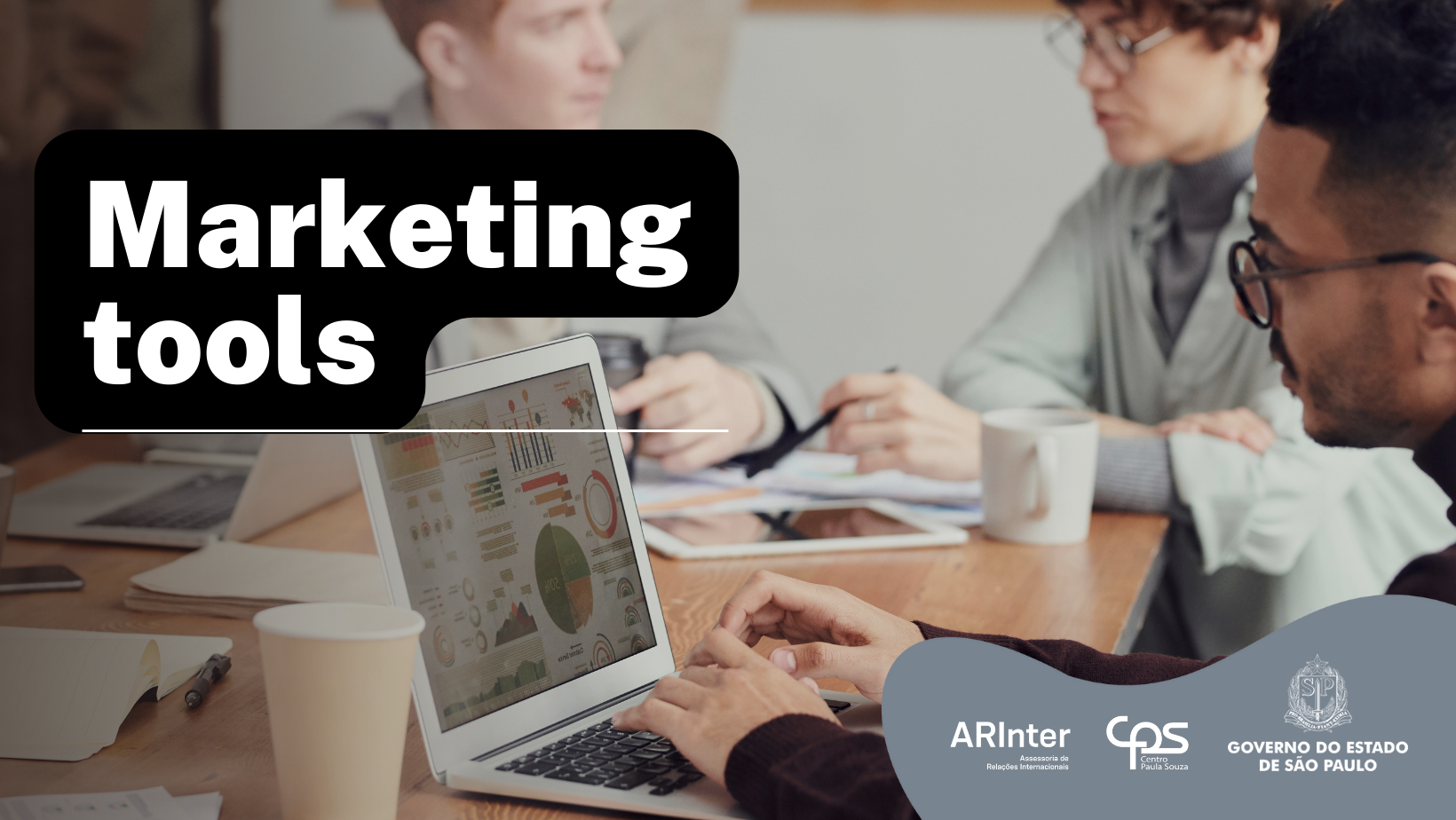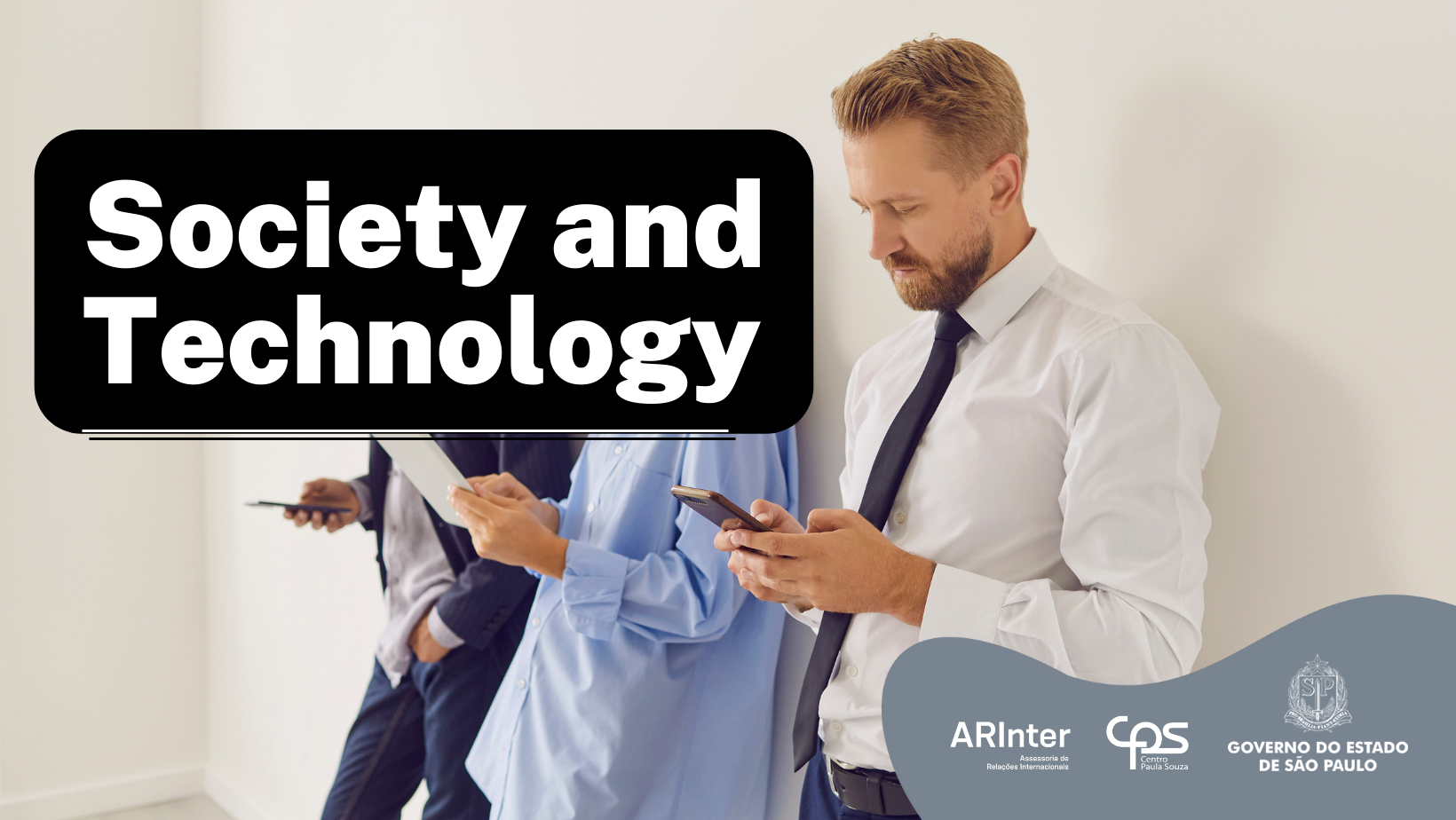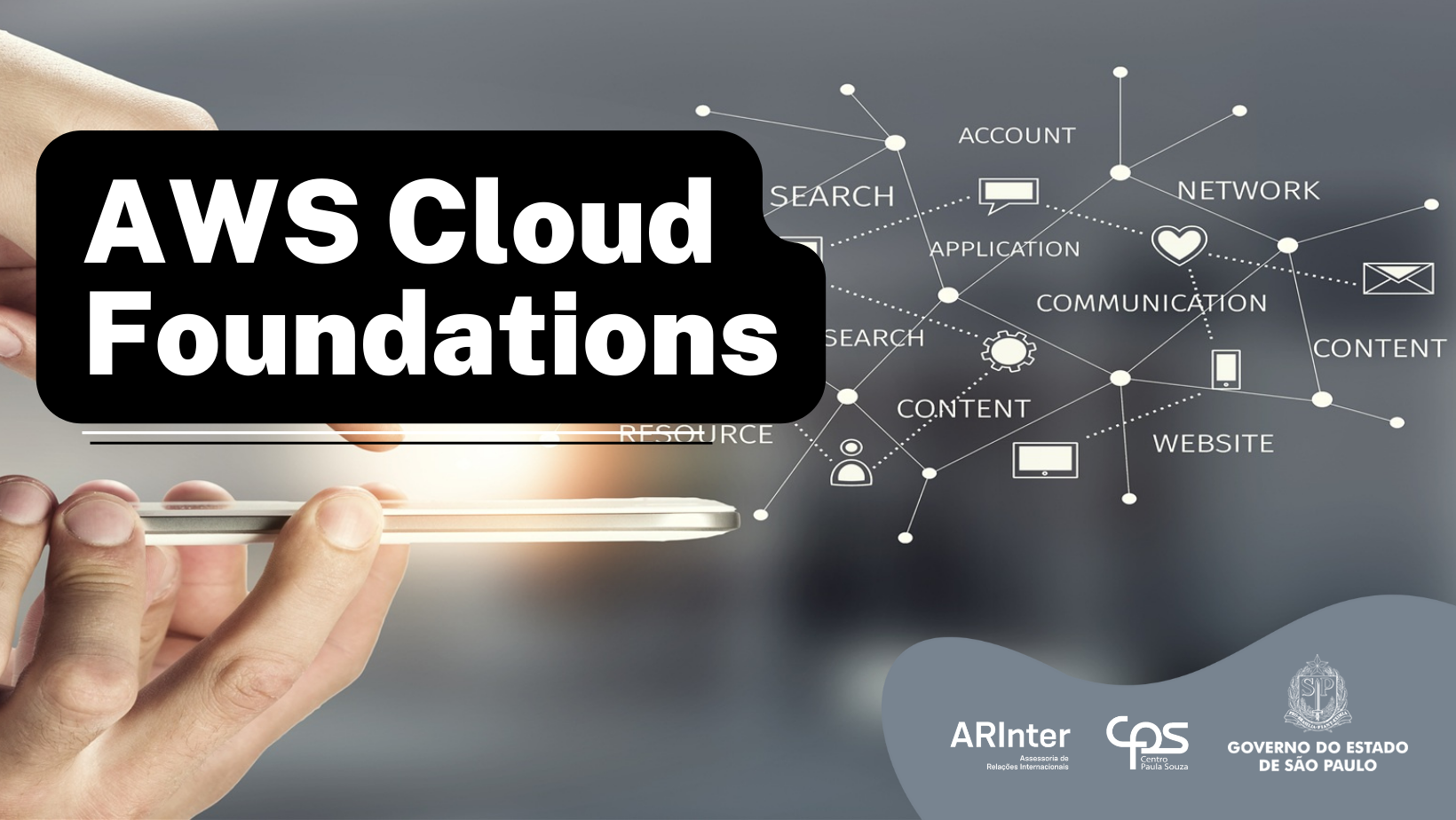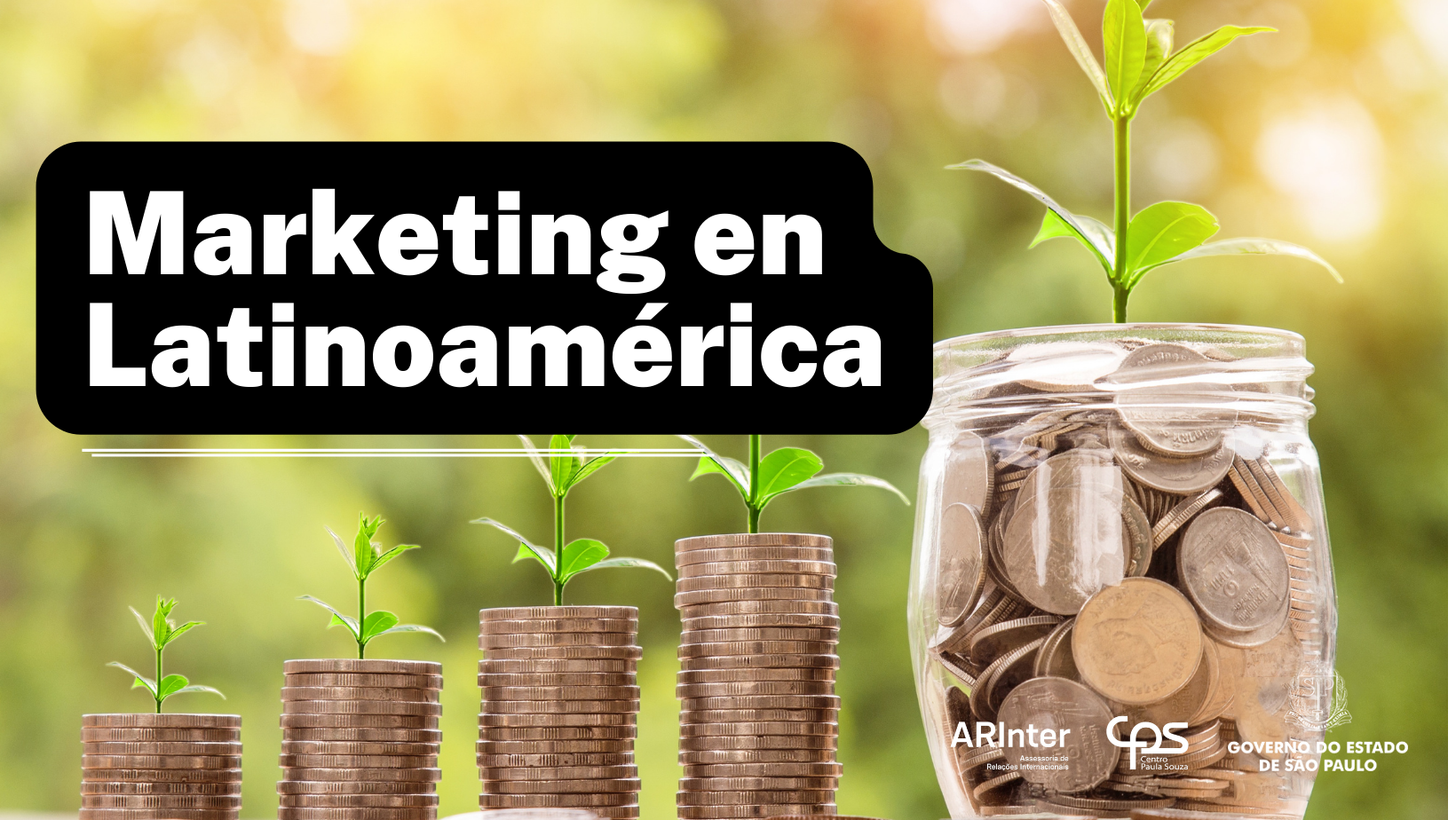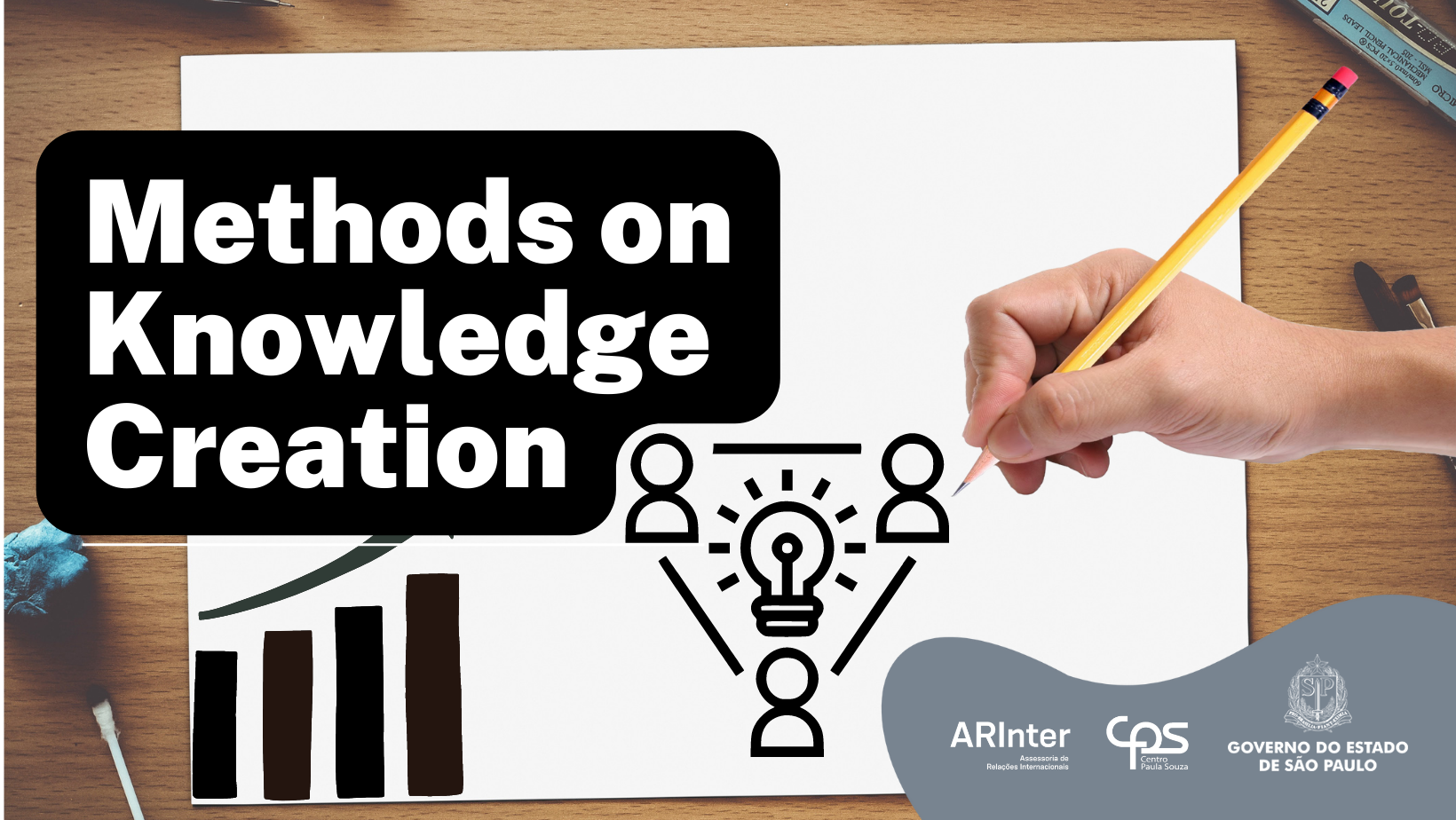Disciplinas em Línguas Estrangeiras 2022
Disciplina Acadêmica
Os cursos na modalidade virtual do Centro Paula Souza foram desenvolvidos para estudantes das Fatecs e de Instituições Estrangeiras Parceiras do CEETEPS, que tenham interesse em desenvolver seus estudos em disciplinas desenvolvidas por professores de alto nível. Cabe destacar que tal oportunidade, desenvolvida pela Assessoria de Relações Internacionais – ARInter, é uma forma de impulsionar o crescimento pessoal, praticar uma língua estrangeira, promovendo a internacionalização do currículo do aluno.
Todos os cursos serão ministrados de forma síncrona pela plataforma MS Teams.
Para estudantes das Fatecs as condições e requisitos para candidatura estão indicados nos respectivos editais de cada curso, disponíveis em: https://arinter.cps.sp.gov.br/editais-abertos/
O processo seletivo para estudantes de instituições estrangeiras fica aberto até 2 de agosto de 2022
Procedimento para inscrição:
Inscrever-se no Sistema ARInter
Validar inscrição por meio do link recebido no e-mail indicado na inscrição
Preencher o formulário Google
Verifique junto à Área de Relações Internacionais de sua Faculdade/ Universidade ou entre em contato com: politicaslinguisticas.arinter@cps.sp.gov.br
The selection process for international students is open until August, 2nd 2022
Check with your Faculty/University International Relations Office or contact: politicaslinguisticas.arinter@cps.sp.gov.br
El proceso de selección para estudiantes internacionales está abierto hasta el 2 de agosto de 2022
Consulte la Oficina de Relaciones Internacionales de su Facultad/Universidad o comuníquese con: politicaslinguisticas.arinter@cps.sp.gov.br


